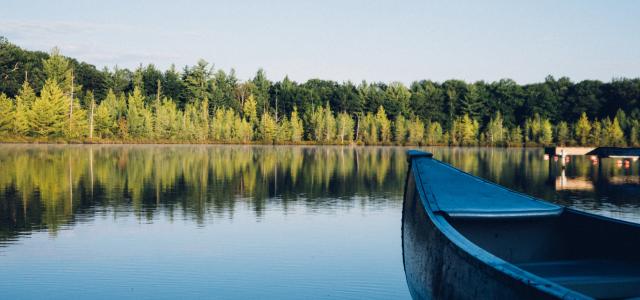Calling All Snowbirds: Considerations for Buying a Second Home
Spending the cold winter months someplace warm is a goal for many Americans—especially during their retirement years, once they're no longer tied to the office and have more free time for leisure-based pursuits.
According to an msn.com article, "Hot—and not—destinations for relocating retirees," roughly 6 percent of retirees in the U.S. now split their time between two residences, a trend that will only grow as more baby boomers retire. Making the jump from casual vacationer to seasonal traveler or “snowbird” is not without challenges, though. If this lifestyle is part of your retirement vision, you need to be sure you're going into it with a solid plan. Here are some things to consider if you think you're ready to start flying south for the winter.
Should you rent or buy?
One of the first decisions you'll need to make is whether to rent or buy property. Some find the certainty of knowing where they will be each year comforting. In addition, the resale and/or legacy value of buying a property can be attractive for those looking to make the investment. Others may hate feeling locked in to the same place year after year. But beyond the happiness that one strategy might bring over another, it's a good idea to review the financial realities of the different options.
One of the most important questions that needs to be answered is, how will you pay for this property?
In addition to a down payment and the possibility of paying two mortgages during retirement, you may incur additional costs you hadn't considered:
- Insurance—not just on your house but also on your car
- Depending on the state, you might need to purchase supplemental insurance. For instance, anyone staying in Florida for more than 90 days (not necessarily consecutively) has to register the car and meet the state's minimum insurance requirements.
- Property taxes
- Utilities and maintenance
- Your primary house still needs to be tended to, even if you aren't there. If you normally handle it yourself, snow removal could be an added expense you might not have had otherwise.
- Furnishings
- Association fees that come with living in a community setting
- Management fees if you rent your property when you're not there
- Travel costs to fly or drive back and forth
It's common practice for those splitting their time between two locations to downsize from their existing property and use the profits to finance a second property. But if buying a property isn't in line with your retirement budget, and you're still looking to get away, you might consider purchasing a time-share or simply renting a property. These are potentially less expensive and more flexible options, though they generally are for shorter-term stays.
How will you manage the property?
If you're several years out from retirement and set on making a purchase, buying an investment property to use as a second home down the road can be an attractive prospect. But if you're only using the property for a few weeks a year, what do you do with it for the remainder?
Renting it out is a possibility, but buyer beware: this is more of a "nice-to-have" option. If your property is in a popular seasonal destination—like a ski or beach community—you're more likely to get rental income during the same time you'd want to live there. So, if you're counting on rental income to help you afford the purchase of a second home, be sure to do your due diligence and ask around about how easy it is to get tenants. Otherwise, you could end up not being able to use the property in the way you envisioned.
What about residency requirements?
Depending on the length of your stay and the state you're traveling to, you might be faced with property, income, and estate tax implications that differ from your home state. And if your current state is the one with the less favorable tax laws, it may be tempting to establish residency in the new state instead. Be sure to consult with a tax professional before doing so to ensure that you take the appropriate steps.
Thinking for the long term
In the early years of retirement, a second home may be the perfect lifestyle decision, but in your later years, managing multiple properties may not be feasible. Many retirees find that the long drives or flights, along with the effort of packing up for four to six months, become too difficult to manage. For these individuals, it often means a permanent move to their retirement location, whereas others may choose to stay closer to family or a support network. Whatever your situation, it's important to discuss your long-term goals with your family and financial and tax advisors so they can all be involved in helping you plan ahead for the retirement you envision.
This material has been provided for general informational purposes only and does not constitute either tax or legal advice. Although we go to great lengths to make sure our information is accurate and useful, we recommend you consult a tax preparer, professional tax advisor, or lawyer.
© 2015 Commonwealth Financial Network®

